Missing Words
How can we discuss and respond to our culture’s biggest challenges if we don’t even have the words to describe them?
In 2022, I did an Earth Day talk called Words vs Reality, and it cataloged three dozen or so terms that – from a systems perspective – would actually require new labels. For example, fossil fuels might better be labeled flammable fossils, or consumer might be human. After reflecting on that exercise, it made me wonder what words in our culture don't exist, but maybe should – which inspired the list in this post.
I should specify that this is a reflection specifically on language in the United States where I live, but could also apply more broadly – and many languages around the world have specific words we could learn from. For instance, there is the Swedish word "lagom," which means "enough" or "just the right amount." We don't have "lagom" in the U.S. cultural lexicon. It invites the question, what other concepts could be important for the future, if only we had the right word for them?
Here are a few I came up with.
A Wide-boundary, Systems Lens of the Future
When we think about the future, the most conventional lenses focus on the progress of technology or monetary growth. A less common vantage point might be that of living during the carbon pulse and within the ecology of the world.
So what does that mean? How do you describe those people that view the bottlenecks, opportunities, and constraints of the 21st century using the lens of the carbon pulse, which requires an understanding of energy, systems science, ecology, human behavior, etc. How does one instantly convey that all of our plans, all of our expectations, all of our stories, should be filtered by the fact we are living somewhere within the extremely special period between the 2 stars on the above graph?
Perhaps if we could more simply describe this vantage, it would be easier to educate others on it – for them to incorporate that lens into their lives – and to do all the nuanced and important (but emotionally invisible) work that comes part and parcel with living through the Carbon Pulse.
The (many possible) Futures
Another concept is the future itself. Of the thousands of emojis you can find on your phone, there are none that represent the future. This hits at the point that, as individuals, we value today more than tomorrow, tomorrow more than next week, next week more than next year, and next year more than the next decade. Even further – the coming hundreds to thousands of years are typically an afterthought only brought up in niche scientific and spiritual settings.
In our materials, DJ White and I proposed a T with an arrow through it to represent tomorrow and beyond. Something like this is a start, but the reality is that we could have dozens of such words or iconography. Just like the Inuit have around over ten distinct words for various kinds of snow, our culture should have 10 or 15 words for different words for different futures – horrible futures, apocalyptic futures, barely livable futures, decent futures, ideal futures.
Perhaps this word could help us conceptualize the broad range of possibilities for the coming decades and centuries – and even begin to think in probabilities about the trajectory that we’re on. Beginning to think this way might even allow us to make shifts towards better probabilities – but the lack of the ability to describe it with nuance and delineation is part of the problem.
Cool – But Energetically Impossible – Ideas
Another word missing in our culture is a concept for the energetically and materially unfeasible.
One of the core tenets of The Great Simplification is the idea of ‘energy blindness’ – which describes our culture’s unawareness of how dependent we are on energy for our lifestyles, particularly fossil energy like oil, coal, and natural gas.
A next step from this would be to have a way to describe the amount of energy required and the complexity involved in an otherwise ostensibly cool idea. This might sound something like, “That idea is frent,” – communicating to the listener that the idea is energetically infeasible.
There are many different ideas that this would apply to, including creating colonies on Mars, mining ocean water for gold, or having all 8 billion humans on Earth live the lifestyle of today’s millionaires. Taking this a step further, we can apply it to deeper cultural stories that are energetically infeasible – such as economies that grow year after year indefinitely. Having a shorthand way to describe our energy delusions could go a long way towards illuminating hazardous paths for the future.
…And Their More Insidious Relatives
Building on the idea of energetically impossible ideas – there are more insidious schemes that hide their energetic infeasibility. In the past, I’ve talked about our culture's ability to continue our trajectory of continued growth by kicking cans through adding more gross energy to our system via harder to reach fossil energy and newly built renewables.
But all that additional gross energy also requires more energy to obtain – effectively directing a larger portion of energy consumed back into the energy and material extraction (exploration, mining, drilling, refining) sector of the economy. In practice, this ends up taking away energy from the rest of the economy that would be used for hospitals, schools, libraries, rollercoasters, and all the other goods and services we’ve come to expect. Ultimately, this shift results in minimal (or even negative) net energy additions – all while damaging the environment in the process.
Gross vs net will increasingly be important. This is a non-intuitive concept, but these sneakily unviable ideas might become more obvious to us if we had a better word to describe them.
Energy Porn?
At the individual level, perhaps there should be a word for all the things in industrial society that give us massive floods of dopamine and the accompanying sensations, but also require lots of non-renewable energy and materials.
These high-input, high-intensity activities are perhaps comparable to internet pornography from a cultural/biophysical standpoint. There are a whole lot of things in our culture that fit this description: violent video games, gambling, blind boxes, racing fast cars in a circle, big empty Chinese cities, the 5,000 mile caesar salad, scallops from Patagonia at Costco, and (most of) artificial intelligence. (Not to mention ‘real porn’ as approximately 30% of the data transferred on the internet is pornographic content). Energy in, neurotransmitters out. Repeat.
In retrospect, if you ask someone in 100 years, (or 500 if there is anyone), it will nearly all have been energy porn in retrospect. The submerged coastal cities, the burned forests now savanna, the seeping landfills, the million excuses to light stuff on fire for small amounts of past dopamine, and a fair amount of mischief. In other words, do we need a term to represent the fact that in some of the things we do and feel are normal, effectively we are turning billions of barrels of ancient sunlight into microliters of dopamine, and degrading ecosystems in the process?
The Limits of Technology
Another helpful word would be based on a quote from economist Steve Keen, “A body without energy is a corpse, and technology without energy is a sculpture.” Some technologies are much more useful than others – especially ones built to harness energy at the scale of humans, animals, with some potential for those that harness natural flows of the wind, sun, and water.
However, our modern culture also has lots of technology and gadgets that will, without energy, be purely decorative curiosities. Perhaps rather than "bling," we might call this "blang". When we really understand this relationship, we can see that most of our technology has developed in tandem with almost-too-cheap-to-meter energy inputs from Earth's past (fossil hydrocarbons).
When we think about it like that – and understand the limits of future energy availability – what technology would we really want to develop for the future? Perhaps we also need a word for technologies that are within the scale of future energy availability.
Ecological Awareness
The word “woke” has become a cultural Rorschach test. Originally, it meant awareness – of systemic injustice, of our shared history, of how inequality plays out in the present. But today, it's a political football – and has become more heat than light.
But what if we reclaimed the root of that word and applied it to something deeper – our ecological systems? What if we had a term for people who are ecologically awake?
Not in the narrow sense of recycling plastic or planting a tree on Earth Day. But awake to the reality that we live inside – not outside – of ecosystems. That our lives are shaped by rivers, soils, forests, insects, microbes, oceans, and atmosphere... and in turn, our actions shape all those things too.
There’s no cultural shorthand right now for someone who sees and understands this. Who sees that the air in Delhi, the drought in California, and the deforestation in the Amazon are not separate issues – but symptoms of the same underlying metabolic story.
We could call it being “systems woke.” But that’s not quite right either. It needs a word of its own. A word that reflects this broad, embodied recognition – that humans are not at the center of life, but a strand in its web.
This missing word might help capture a new kind of status – not for being rich or famous or clever, but for being attuned. To be someone who understands the links between energy and ecology, between species and soil, between our dopamine loops and our degrading biosphere. Someone who sees our impacts not in terms of parts per million, but in terms of interconnections and relationships.
This would be a word that points to deep seeing – to knowing the stakes, the patterns, the dependencies – and choosing to act anyway. To live with reverence. To defend life not because it’s profitable, but because it’s life.
In a world rapidly losing its sense of place, a word like this could be more than linguistic. It could become a signpost. A compass. A signal to others that this – being awake to the living Earth – is a type of wisdom worth cultivating.
Satisfaction With What’s Ours – Regardless of What Others Have
We have lots of words to describe someone who is generally greedy, jealous, or materially focused: avaricious, covetous, rapacious, hoarder, etc. In comparison, we have relatively few words to describe someone who is content with what they have – and none to describe this contentment even when surrounded by those who are wealthier. Perhaps the closest we have is the word "compersion" (which I believe was popularized in the polyamory community), which is to be happy for someone else's well-being and success, rather than jealous.
Our entire Western culture seems to have a driver of envy and status. We are the materially richest generation ever to live on this planet, with no markers for when we’ve accumulated enough and millions of signals that we still need more. Marketing and advertising are entirely dependent on telling you that “Because you don't have this thing and other people do, you suck. But if you buy this, you'll be better.” What would it take to shift to a culture that encourages appreciation for what we have, rather than aspirations to the lifestyles of others?
Back in 2022, I had a podcast with Joslin Faith Kehdy who lives in Lebanon and was extremely insightful on this topic. At the time, their economy was down 50% over the previous three years and 80% of people in their country were in poverty. As one could assume, there was serious hardship throughout the entire country.
Despite all of these struggles, she continues to relish the simple, good things that were still present even in difficult times. She shares meals of sardines with her dad, works in the garden, organizes local resilience projects in Lebanon, and is happy with the abundance that she already has, instead of comparing it to the possessions of people in other nations. How do we describe people like this – and could having a word for them help us elevate the status of being like them?
Neurochemically Balanced
Industrial culture runs on dopamine the way cars run on gasoline.
We're surrounded by triggers: notifications, sugar, scrolling, novelty, noise – each one a little spark lighting up that neural reward pathway. It's no surprise that dopamine detoxes have become a thing. People are trying, often awkwardly, to climb off a biochemical treadmill they didn’t realize they were on.
But here’s the deeper issue: dopamine is just one leg of the stool.
Our behavior – and our well-being – rests on a four-legged base of dopamine, serotonin, oxytocin, and endorphins. Ideally, these work together, in a sort of daily symphony. But right now, dopamine dominates. It fuels our curiosity and motivation – but also our compulsions. Gambling. Porn. Junkfood. Likes. Doomscrolling.
We rarely talk about the others. Serotonin – linked to calmness, pride, and satisfaction. Oxytocin – the neurochemical of trust and connection. Endorphins – our internal pain relievers, released through movement, laughter, and even tears.
Imagine if we had a word for someone who consciously cultivates balance across all four. Someone who seeks not just the next hit of “more,” but the quieter, steadier benefits of a chemically diverse inner life. A person who walks, plays, laughs, rests. Who connects, creates, contributes. Who, in their daily rhythms, actively maintains their neurochemical ecosystem.
If we had that word, maybe we’d start to see those behaviors not as boring or basic – but as wise. As essential. As something to aspire to.
Ecologically Sacreligious
There’s a growing legal push to enshrine “ecocide” as a crime – a term for the deliberate or reckless destruction of the natural world. This is a good start.
But legal terms live in courtrooms. What we might also need is a related word that lives in the heart. A word for the moral – maybe even spiritual – violation of something sacred.
Because what do you call it when a 3,000-year-old redwood is cut down to make a few decks? When a coral reef becomes rubble for a port expansion? When wetlands that filter water and cradle biodiversity are paved over for luxury condos?
Legally, we would label this “permitted.” Economically, we’d refer to it as “development.” But spiritually? Existentially?
We need a word that captures the sense of transgression – of breaking not a law, but an unspoken trust. A trust between humans and the Earth that has gone unspoken and underground in our times. A trust that certain places, creatures, and relationships are beyond price. That some things shouldn’t be traded for short-term profits or convenience.
This word wouldn’t only apply to old-growth forests and endangered habitats. It would also apply to the quieter losses: a river that no longer sings, a neighborhood that gradually loses its trees and shade, a culture that loses its elders and rituals to the cold logic of efficiency.
As we race to prop up a 19-terawatt global metabolism – burning, building, and extracting – this word would stand as a warning. A marker. A moral reminder that not everything sacred is profitable. And not everything profitable should be allowed to die. Maybe we need a word for that.
Humble Stewards of Life
Lastly, there should be a name for people who are aware of the circumstances we are in and choose to not pursue wealth, fame, notoriety, or fortune, but rather to humbly do what's right and to act as stewards of life – Earth Stewards. My colleague DJ White has many success stories in saving a million or more dolphins in the ocean. He was the first person willing to take a harpoon in his chest from a Russian whaler to protect a whale who he would never know. He has dozens of other success stories that are documentary worthy – but in order for them to be successes he needed to keep quiet and be discrete.
In our current culture, the word for this may be more akin to "environmental wacko." That's a terrible word to represent the deep Earth life-ethic in people like that. I think we're going to need a lot more of these champions – these stewards – who resist the siren song of status in our cultural narrative to instead pursue what they think is most important and follow their own intrinsic path to what they know is important and sacred to them. We need a term for people like this – an inspiring term which makes others want to be like them too.
The Importance of Language
English is a beautiful language, but also one with many shortfalls. This was just scratching the surface of various words that could be useful to our cultural situation.
Beyond just missing words, there have been many studies into how the structure of English itself – especially its emphasis on nouns rather than verbs – has shaped English speaking cultures to be more focused on objects and things rather than relationship and connections. How might focusing on using more verbs, rather than nouns (and even ‘verbifying’ existing nouns), change the way we interact with the world? That’s a topic for an entirely different Frankly.
For now, I’ll leave you with this speculative list of potential words, and ask the question: what other words do you think might be helpful for changing the cultural conversation and thus altering the trajectory of humanity's future?
Want to Learn More?
If you would like to watch the original Frankly video that inspired this essay, you can do so here.
If you would like to see a broad overview of The Great Simplification in 30 minutes, watch our Animated Movie.



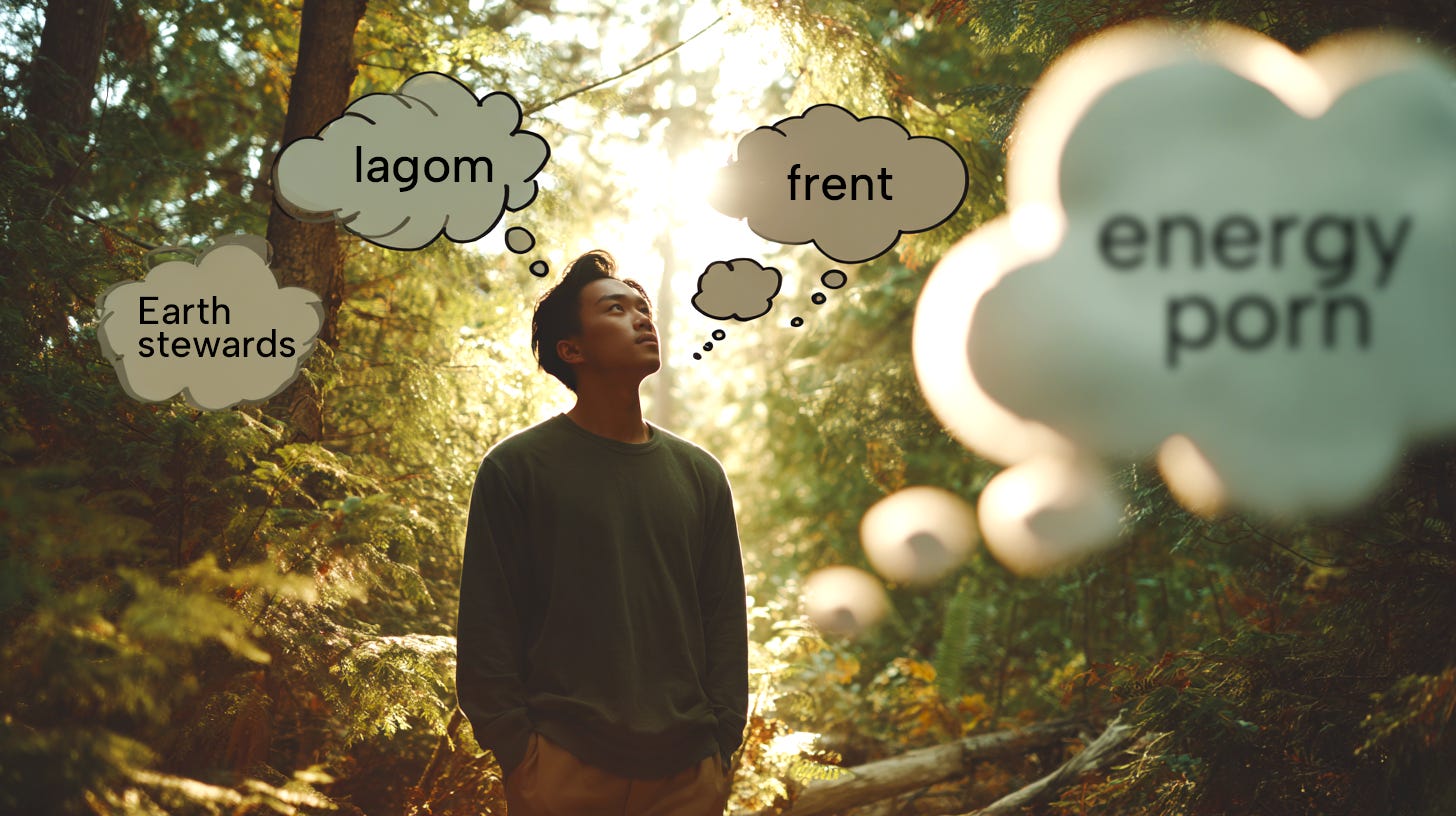
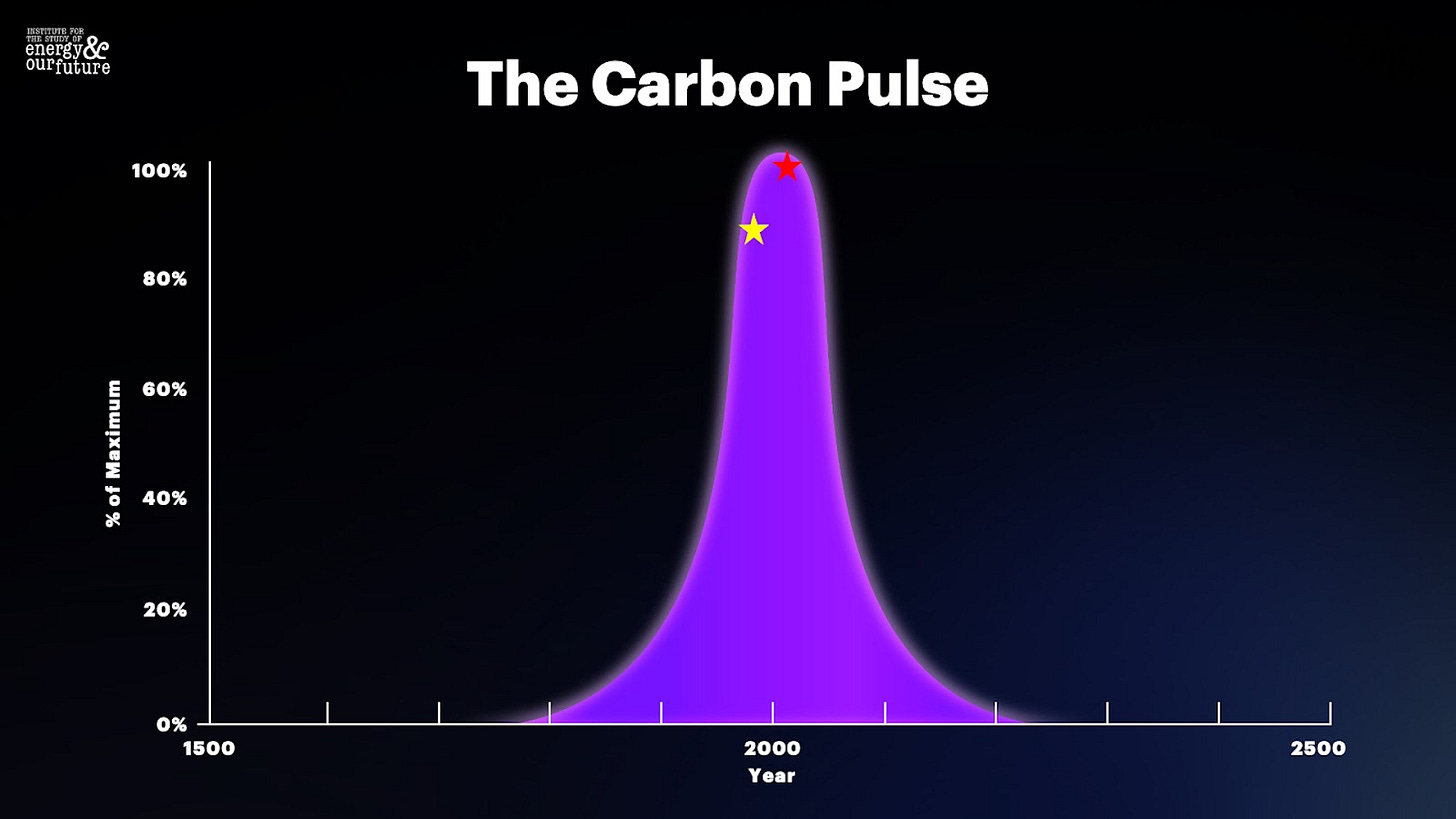
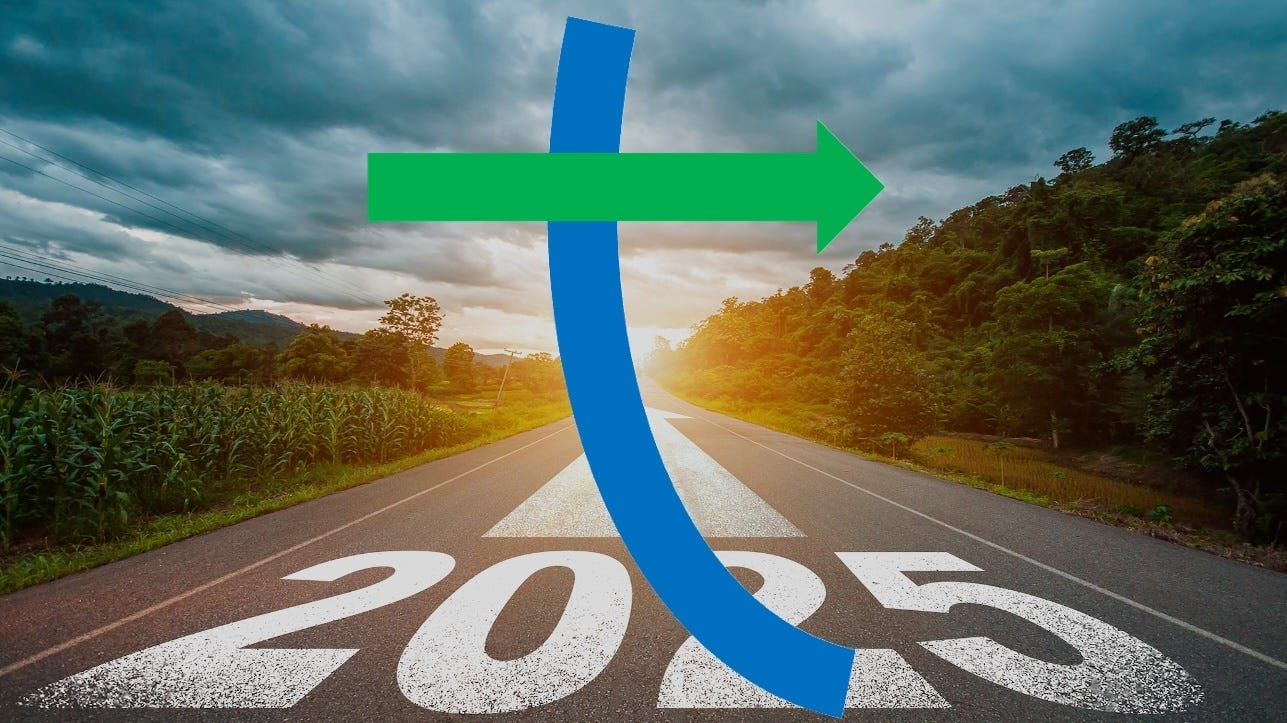
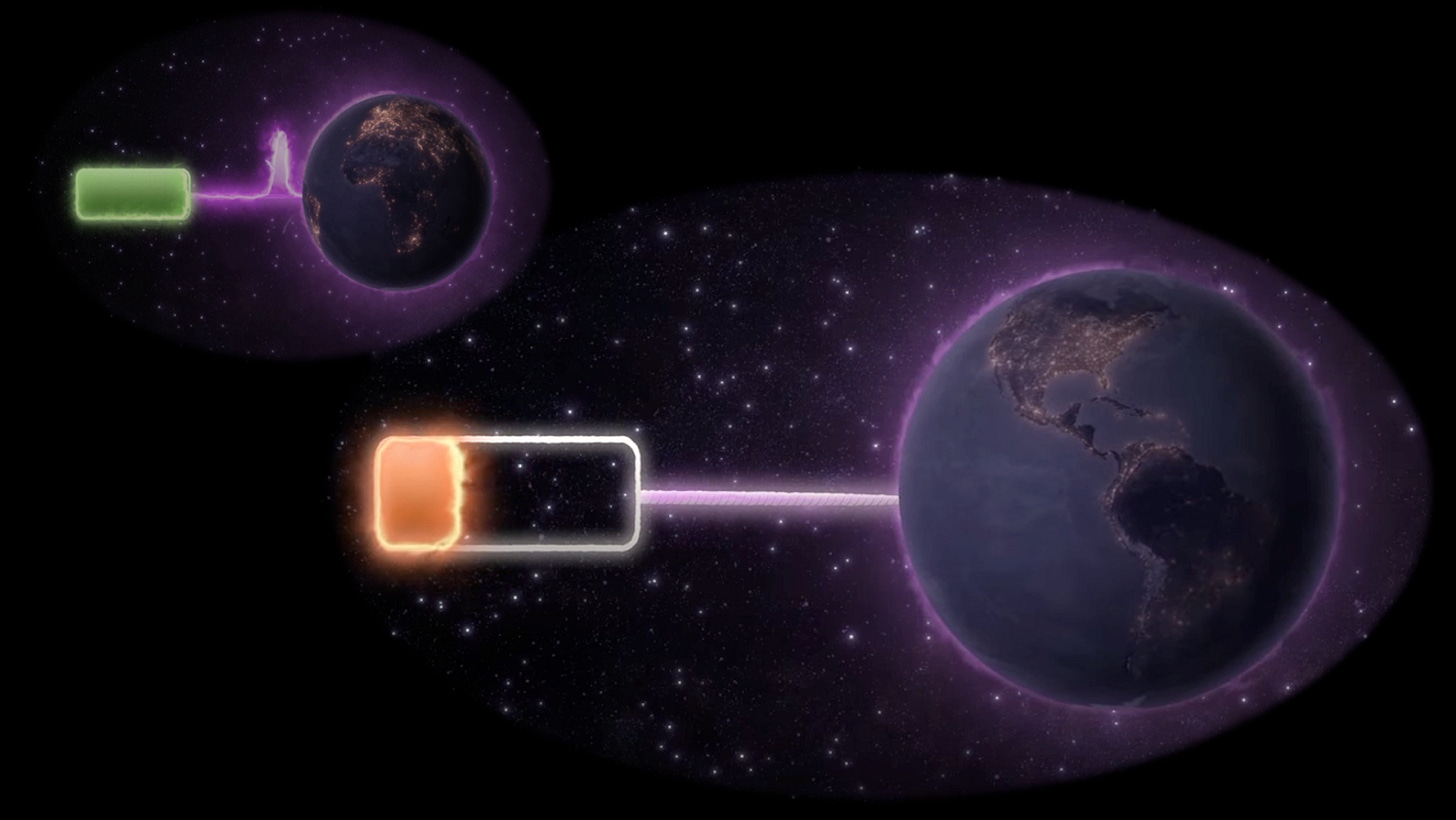
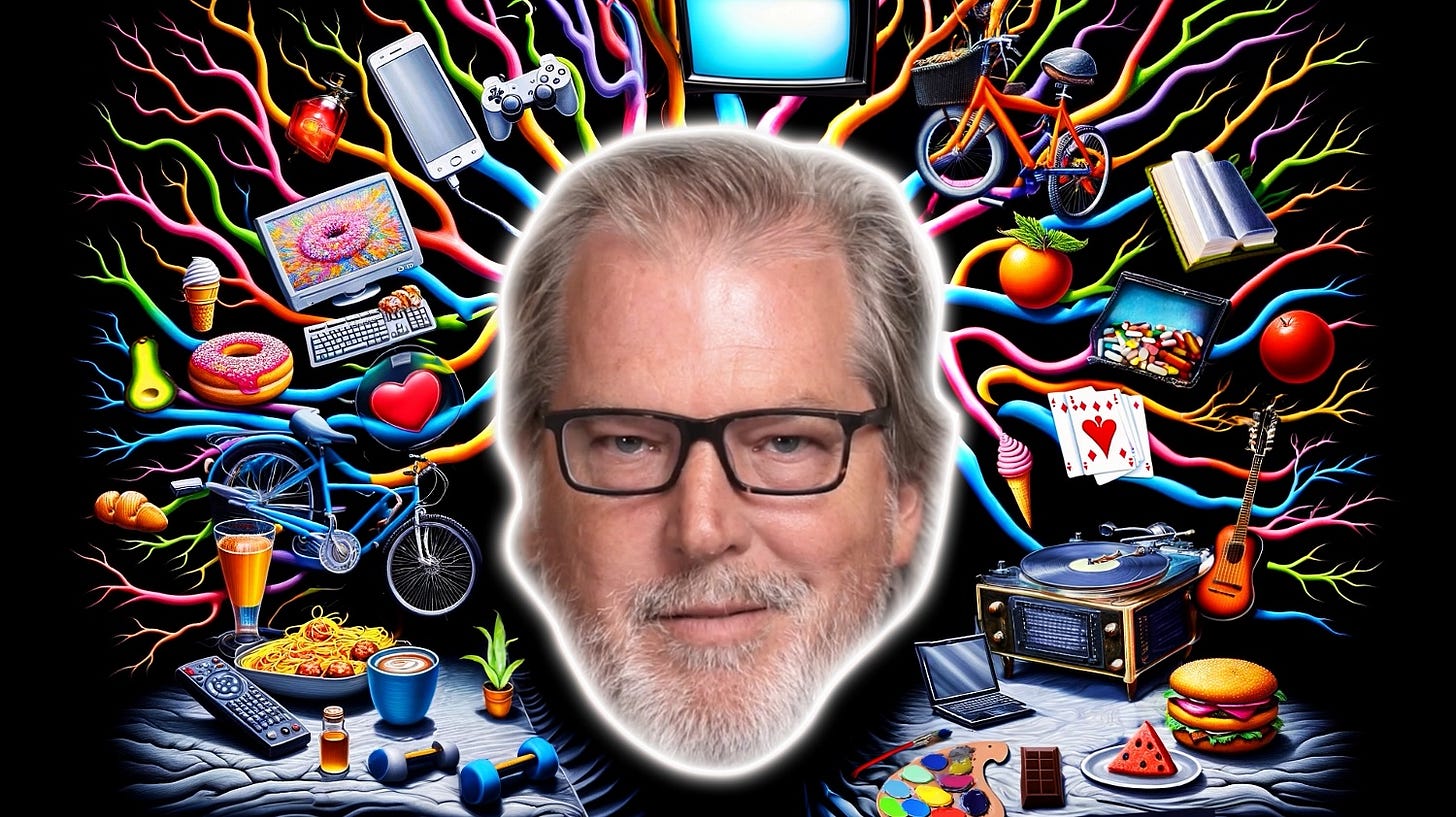
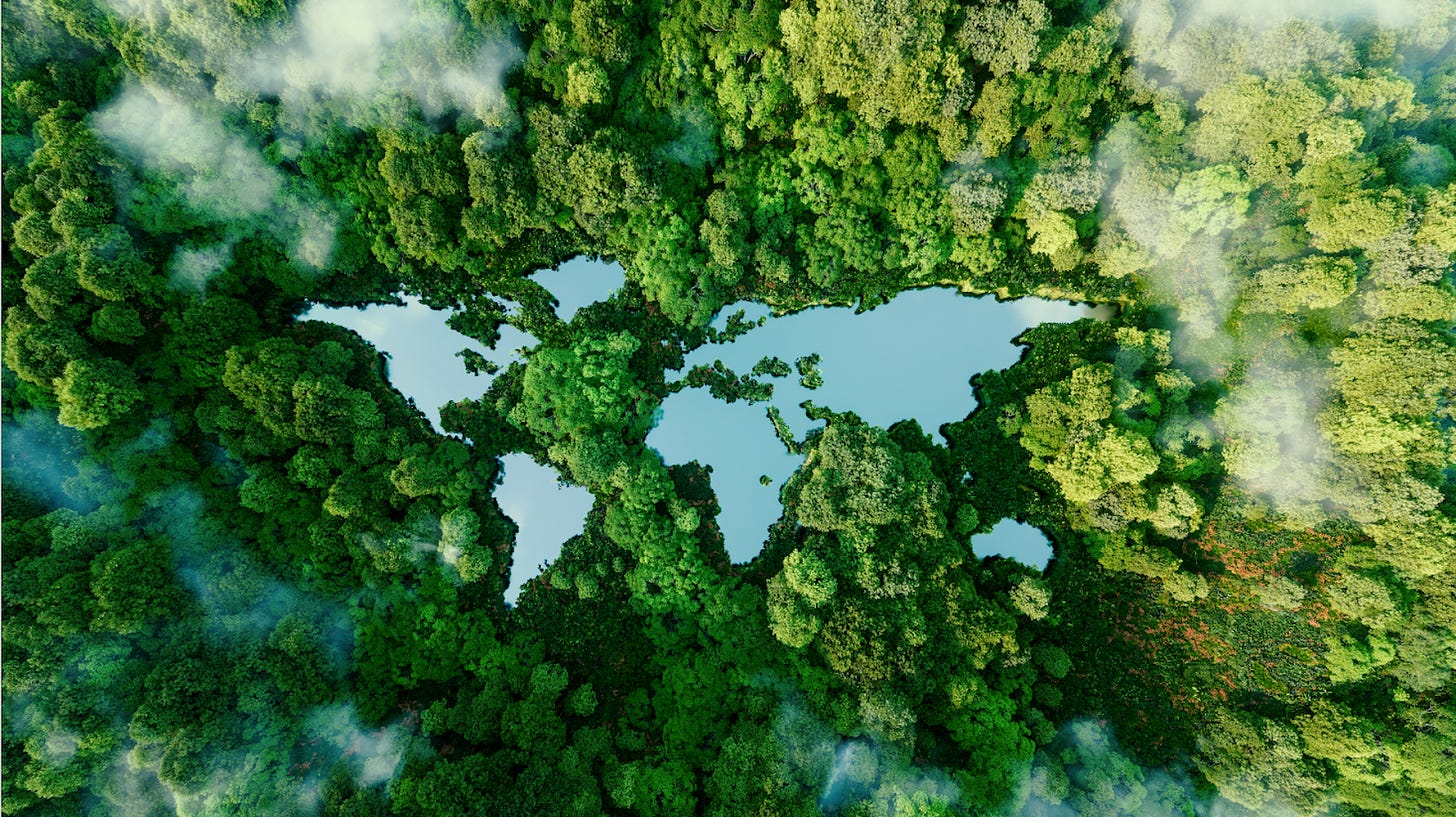
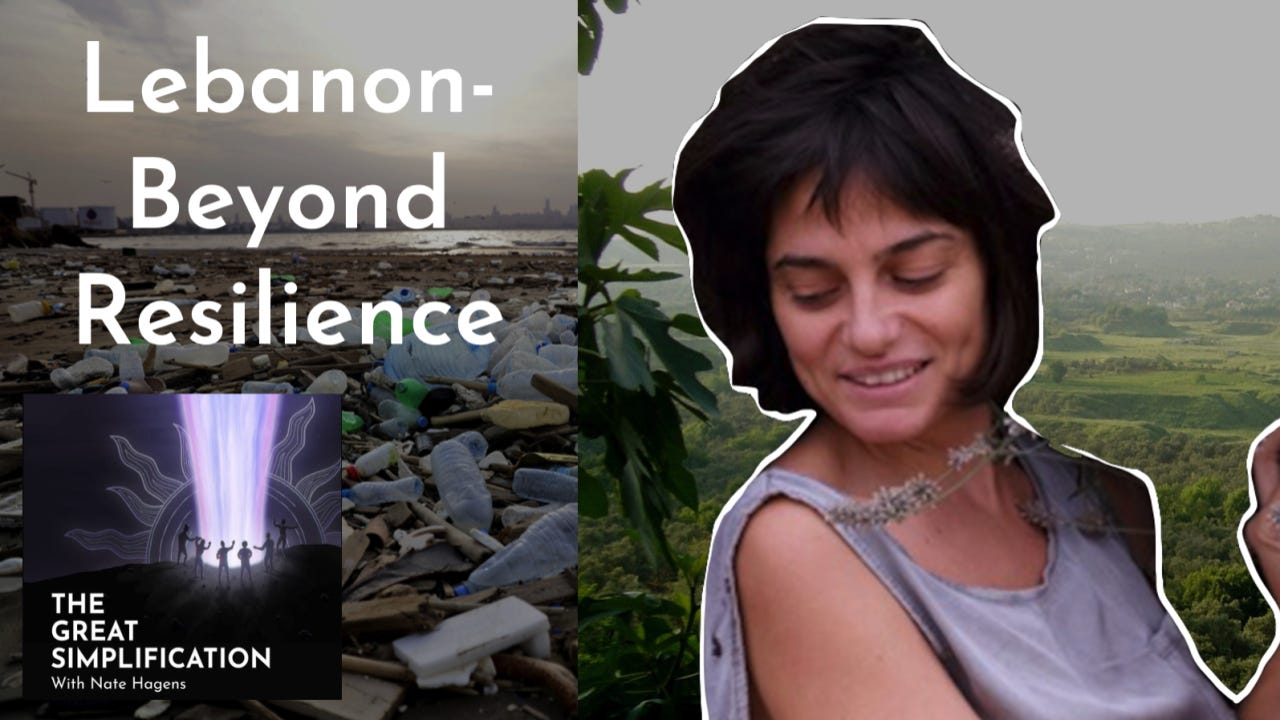
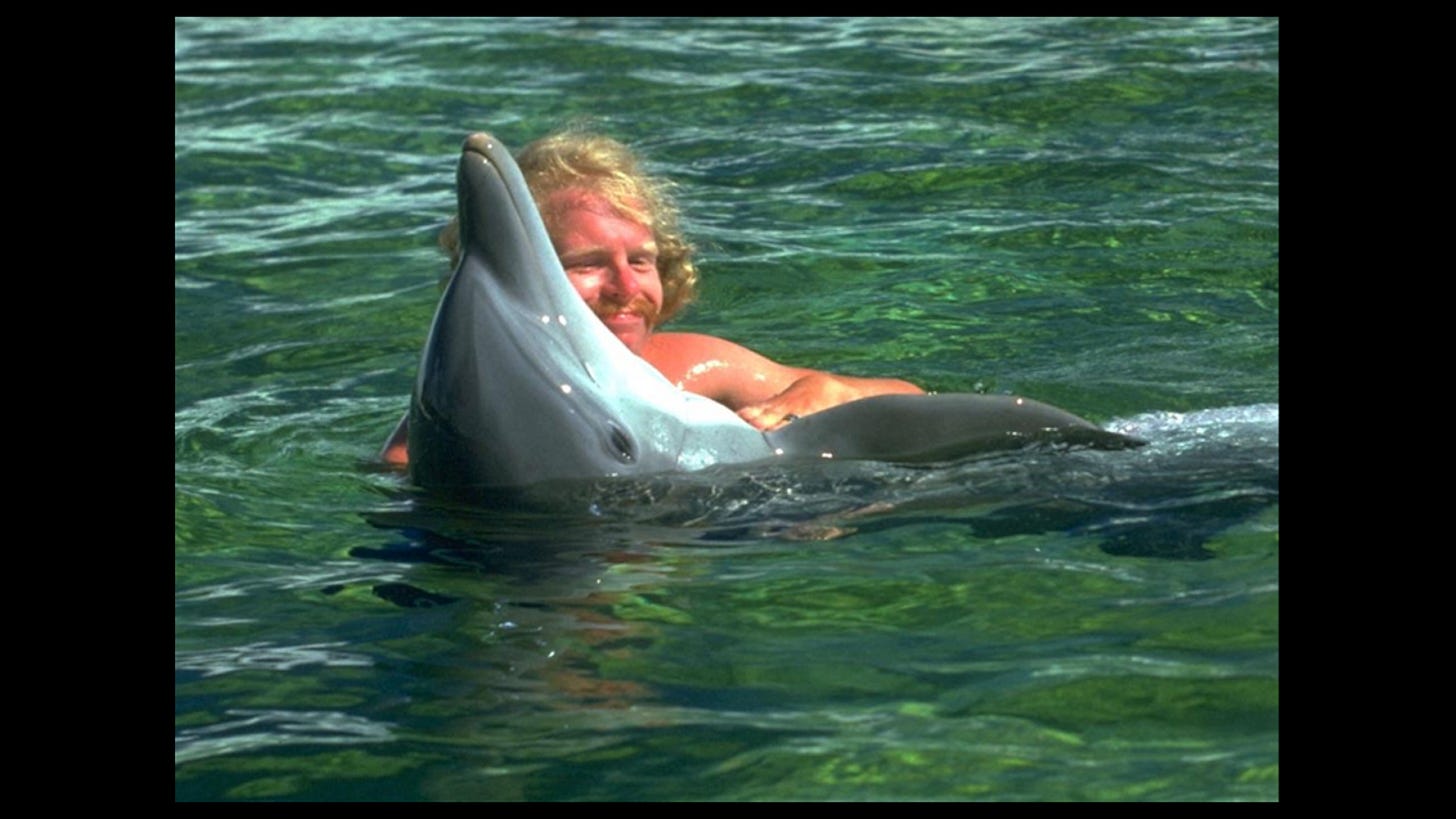
Here's a book about words missing from the English language:
https://restorativepractices.com/product/keywords-hardcover/
This so banal of a comment, but a board game might be where to explore the new words and concepts and some of the cards or the cover of the box must have that picture of your face among the dopamine producing things! Great thinking, Nate! Your work makes my days, weeks, months, years more interesting!